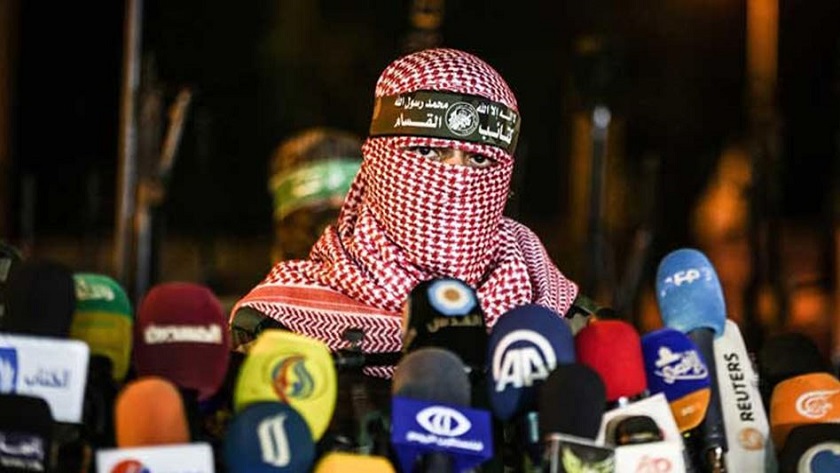AhlulBayt News Agency: In a speech marking the anniversary of the Al-Aqsa Storm operation, "Abu Ubaida," spokesman for the Qassam Brigades, the military wing of Hamas, emphasized that one year after the operation, the Islamic Republic of Iran conducted its True Promise Operations 1 and 2, instilling fear in the enemy.
Abu Ubaida declared that the Al-Aqsa Storm was a major pre-emptive strike against the Zionist enemy.
He explained that after planning a major assault on Gaza, the resistance launched its operation in response to Israel's dangerous provocations at Al-Aqsa Mosque, the expansion of settlements, and aggression toward prisoners.
He highlighted the role of allied forces in the region, including Yemeni and Iraqi drones targeting the occupied territories, and stressed that despite a year of asymmetrical warfare, the resistance had killed thousands of Israeli soldiers, inflicted economic damage, and led to displacement.
Abu Ubaida also referred to the assassinations of two prominent commanders, Ismail Haniyeh and Hassan Nasrallah, as evidence of the enemy's failure to understand the nature of the resistance, stating that the struggle would continue as long as the occupation persisted.
/129
Abu Ubaida declared that the Al-Aqsa Storm was a major pre-emptive strike against the Zionist enemy.
He explained that after planning a major assault on Gaza, the resistance launched its operation in response to Israel's dangerous provocations at Al-Aqsa Mosque, the expansion of settlements, and aggression toward prisoners.
He highlighted the role of allied forces in the region, including Yemeni and Iraqi drones targeting the occupied territories, and stressed that despite a year of asymmetrical warfare, the resistance had killed thousands of Israeli soldiers, inflicted economic damage, and led to displacement.
Abu Ubaida also referred to the assassinations of two prominent commanders, Ismail Haniyeh and Hassan Nasrallah, as evidence of the enemy's failure to understand the nature of the resistance, stating that the struggle would continue as long as the occupation persisted.
/129

